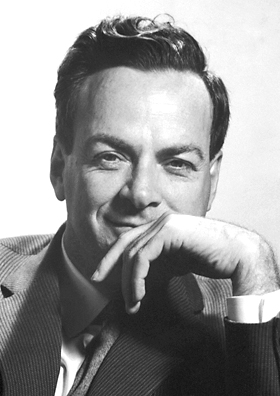
R.I.P. Riccardo Giacconi
On Sunday, December 9 Riccardo Giacconi passed away. He was the father of X-ray astronomy and Nobel Prize in physics in 2002 for his contributions in that field. In 1962 Riccardo Giacconi discovered the first extraterrestrial X-ray source, named Scorpius X-1. In 1970 he oversaw the launch of NASA’s Uhuru satellite, the first specialized in X-ray astronomy, followed in the following decades by increasingly sophisticated stellites such as the Einstein Observatory (HEAO-2) in 1978, designed while Giacconi was director of the Harvard Smithsonian Center for Astrophysics, to NASA’s Chandra X-ray Observatory in 1999.





